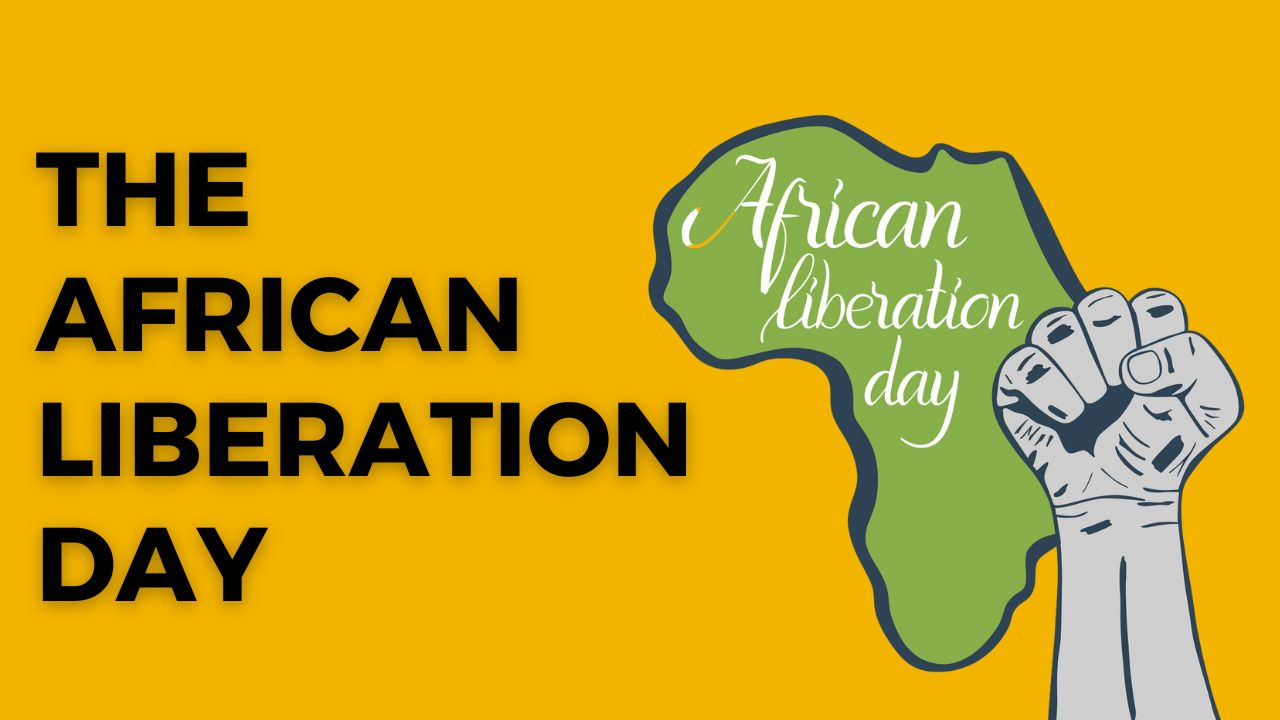Discover the significance of African Liberation Day and its historical context. This article explores the impact of the movement, the achievements it brought forth, and its continued relevance today. Join us in celebrating African Liberation Day and learn about its profound influence on the African continent and its diaspora.
Introduction
African Liberation Day is an annual event celebrated on May 25th that commemorates the establishment of the Organization of African Unity (OAU) in 1963. It serves as a platform to honor the collective struggles, achievements, and aspirations of African nations and their people. This significant day not only symbolizes the liberation of the African continent from colonial rule but also acknowledges the ongoing fight against oppression, injustice, and inequality. Let us delve into the rich history and the impact of African Liberation Day, which has played a pivotal role in shaping Africa’s present and future.
African Liberation Day: A Journey to Freedom
The African Liberation Day has been a catalyst for change and unity throughout the continent. It marks the arduous journey undertaken by African nations and their people to reclaim their independence and dignity. This section explores the historical context and the significance of African Liberation Day.
1. The Birth of African Liberation Day
African Liberation Day emerged during the height of the decolonization movements across Africa. It was established on May 25th, 1963, when leaders from 32 independent African nations gathered in Addis Ababa, Ethiopia, to form the Organization of African Unity (OAU). The OAU’s primary objective was to promote unity, solidarity, and cooperation among African nations and to support the struggle against colonialism.
2. Celebrating Africa’s Independence Movements
African Liberation Day celebrates the various independence movements that paved the way for the decolonization of Africa. Countries like Ghana, Algeria, Kenya, and many others fought tirelessly to rid themselves of oppressive colonial rule. These movements inspired and fueled the collective African struggle for freedom.
3. Uniting Africa and Its Diaspora
African Liberation Day also serves as a platform for unity between Africa and its diaspora. It recognizes the importance of African heritage, culture, and identity, irrespective of geographical location. The day promotes the bond between the continent and its diasporic communities, fostering collaboration and solidarity in the pursuit of shared goals.
4. Acknowledging Achievements and Challenges
African Liberation Day is a time to reflect on the achievements and challenges faced by African nations since gaining independence. It recognizes the progress made in areas such as education, healthcare, infrastructure, and economic development. However, it also highlights the persistent issues of poverty, corruption, and political instability that continue to hinder Africa’s growth.
Frequently Asked Questions (FAQs)
1. Why is African Liberation Day celebrated on May 25th?
African Liberation Day is celebrated on May 25th to commemorate the founding of the Organization of African Unity (OAU) in 1963. The OAU played a crucial role in uniting African nations and advocating for their independence and self-determination.
2. What is the significance of African Liberation Day?
African Liberation Day holds immense significance as it honors the collective struggles, achievements, and aspirations of African nations and their people. It serves as a reminder of the continent’s journey to freedom and unity while highlighting the ongoing fight against oppression and inequality.
3. How is African Liberation Day celebrated?
African Liberation Day is celebrated through various activities, including cultural performances, parades, panel discussions, and educational events. These gatherings aim to raise awareness, promote dialogue, and foster a sense of unity among African communities worldwide.
4. What challenges does Africa still face today?
Africa continues to face several challenges, including poverty, limited access to education and healthcare, political instability, and corruption. These issues pose significant obstacles to the continent’s development and require sustained efforts and cooperation to overcome.
5. How can individuals contribute to African liberation?
Individuals can contribute to African liberation by supporting initiatives that promote education, economic development, and social justice in Africa. This includes volunteering, donating to reputable organizations, and advocating for fair trade practices that benefit African economies.
6. Is African Liberation Day only for people of African descent?
No, African Liberation Day is not exclusive to people of African descent. It is a day that welcomes everyone to celebrate the resilience and achievements of African nations and their people. It encourages global solidarity in the pursuit of justice, equality, and freedom.
Conclusion
African Liberation Day stands as a testament to Africa’s indomitable spirit and resilience in the face of adversity. It serves as a reminder of the sacrifices made by those who fought for independence and the continued struggle for justice and equality. As we commemorate African Liberation Day, let us reflect on the progress made, acknowledge the challenges that remain, and renew our commitment to shaping a better future for Africa and its diaspora.
